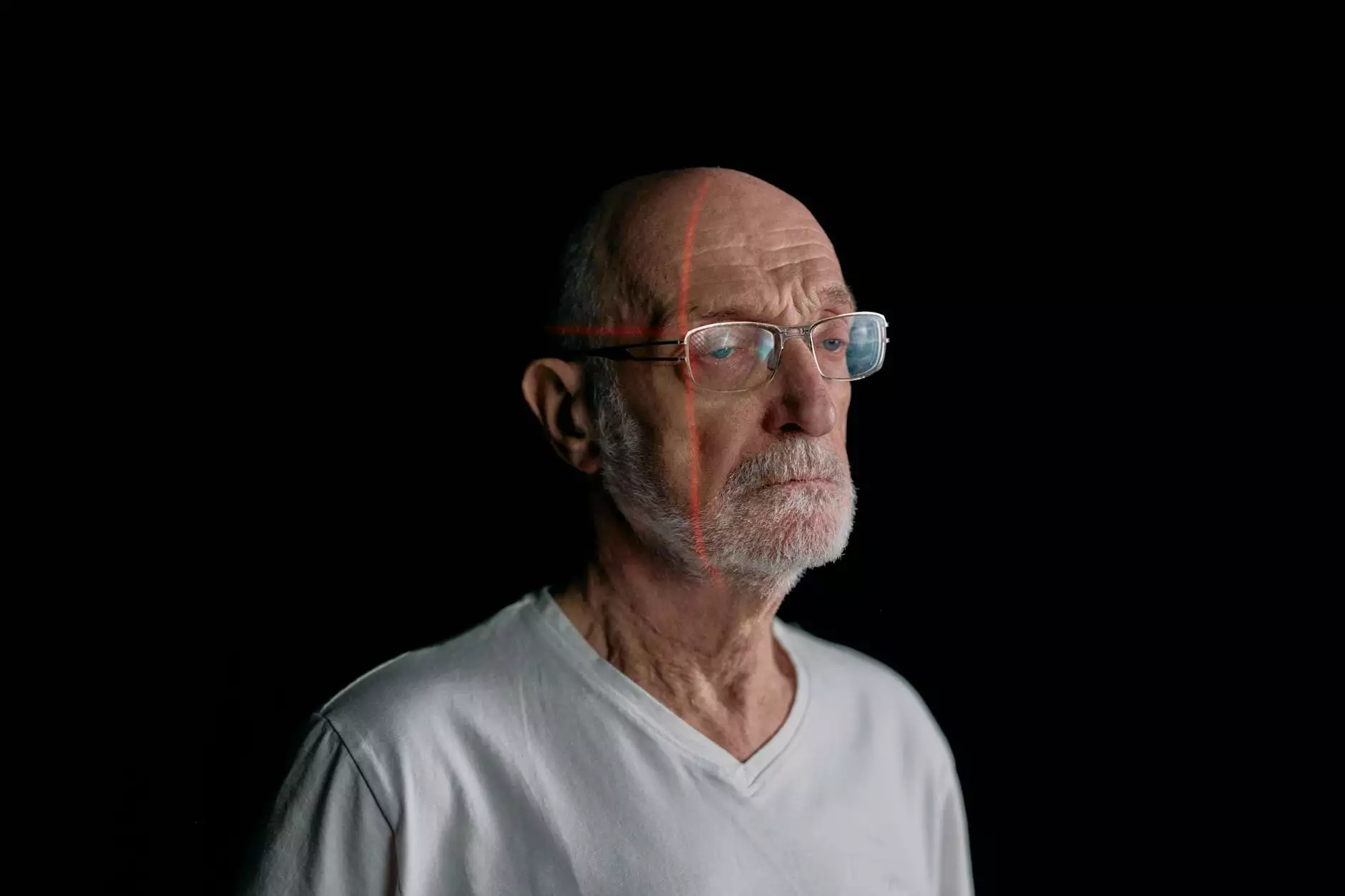Timing of Radiation Therapy May Influence Hair Loss

Understanding the Link between Radiation Therapy and Hair Loss
Smith, Arthur F, MD, a renowned expert in the field of oncology and hair loss research, delves into the fascinating relationship between radiation therapy and hair loss. Hair loss is a common side effect in cancer patients undergoing radiation therapy as it targets rapidly dividing cells, including hair follicles. However, recent studies have indicated that the timing of radiation therapy may play a crucial role in mitigating hair loss.
The Impact of Early vs. Late Radiation Therapy
Early radiation therapy refers to treatment administered before chemotherapy, while late radiation therapy is given after chemotherapy. Research suggests that individuals who undergo late radiation therapy are more likely to experience hair loss due to the cumulative effects of chemotherapy and radiation on hair follicles. In contrast, patients who receive radiation therapy prior to chemotherapy may experience less severe or delayed hair loss.
Factors Influencing Hair Loss
A variety of factors can influence the extent and timing of hair loss in individuals undergoing radiation therapy. These factors include:
- Radiation Dose: Higher radiation doses can lead to increased hair loss.
- Treatment Area: Radiation therapy targeting the scalp area is more likely to cause hair loss.
- Chemotherapy Combination: Certain chemotherapy drugs are known to amplify the effects of radiation therapy on hair follicles.
- Individual Sensitivity: Hair loss reactions may vary between individuals due to differences in genetic predisposition and overall health.
Managing Hair Loss during Radiation Therapy
Smith, Arthur F, MD acknowledges the emotional and psychological impact of hair loss on cancer patients. With years of experience in the field, Dr. Smith offers valuable insights and strategies for managing hair loss throughout radiation therapy.
1. Scalp Cooling Devices
Scalp cooling devices are becoming increasingly popular in helping reduce hair loss during chemotherapy and radiation therapy. By cooling the scalp, these devices can narrow the blood vessels, limiting the amount of chemotherapy drugs that reach the hair follicles.
2. Topical Treatments
Various topical treatments, such as minoxidil and corticosteroid creams, have shown promise in minimizing hair loss and promoting regrowth. Dr. Smith provides customized treatment plans tailored to individual needs and sensitivities.
3. Psychological Support
At Smith, Arthur F, MD, we understand that hair loss can take a toll on one's self-esteem and emotional well-being. Our clinic offers comprehensive psychological support and counseling services to help patients navigate the challenging aspects of hair loss.
Conclusion
Timing of radiation therapy plays a vital role in determining hair loss outcomes in cancer patients. With personalized guidance from Smith, Arthur F, MD, patients can make informed decisions regarding the timing of their treatments and explore strategies to manage hair loss effectively. By prioritizing comprehensive care and addressing the emotional aspects of hair loss, our clinic strives to provide holistic support to all our patients.




